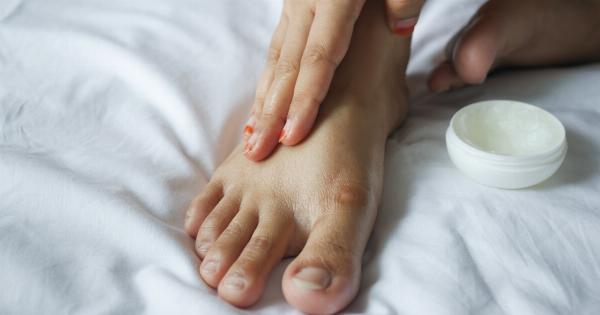Oily skin is a common problem that often leads to acne, blackheads, and other skin problems. If you have oily skin, it is essential to take steps to manage it effectively. In this post, we will discuss the top-4 tips for managing oily skin.
1. Wash your face regularly
Washing your face is one of the most effective ways to manage oily skin. It helps to get rid of excess oil and impurities that can clog your pores and lead to breakouts.
Ideally, you should wash your face twice a day, once in the morning and once at night. Use a gentle cleanser that is formulated for oily skin. Avoid using hot water or harsh scrubs as they can irritate your skin and make the problem worse.
2. Use oil-free products
When you have oily skin, it is essential to use oil-free products. Oil-based products can clog your pores and make your skin more oily.
Look for products that contain ingredients like salicylic acid or benzoyl peroxide, which can help to control oil production and prevent breakouts. Also, avoid using heavy moisturizers and creams, as they can make your skin more oily. Instead, opt for lightweight, oil-free moisturizers that provide hydration without making your skin greasy.
3. Exfoliate regularly
Exfoliating your skin is another effective way to manage oily skin. Exfoliation helps to remove dead skin cells that can clog your pores and cause breakouts.
However, be careful not to over-exfoliate, as this can irritate your skin and make the problem worse. Aim to exfoliate once or twice a week using a gentle scrub or exfoliating mask.
4. Control your diet
What you eat can also have an impact on your skin’s oil production. Avoid consuming too much oily or fried food, as these can make your skin more oily.
Instead, focus on eating a balanced diet that includes plenty of fruits, vegetables, and lean protein. Also, make sure to drink plenty of water to keep your skin hydrated and healthy.
By following these four tips, you can effectively manage oily skin and prevent breakouts. However, if you still experience skin problems despite your best efforts, it is essential to consult a dermatologist for further treatment.




























